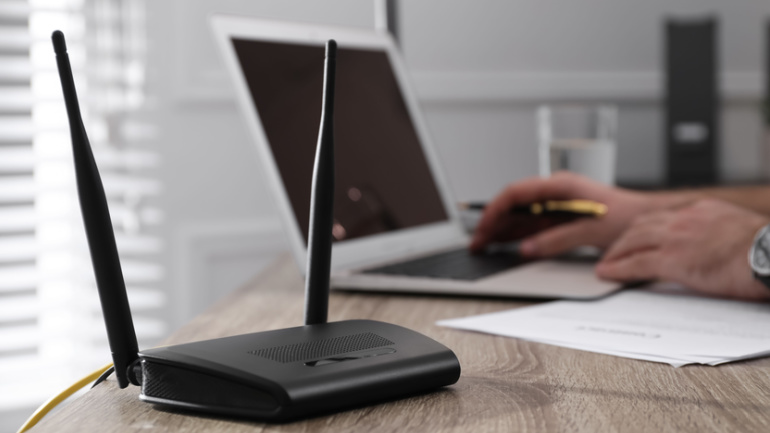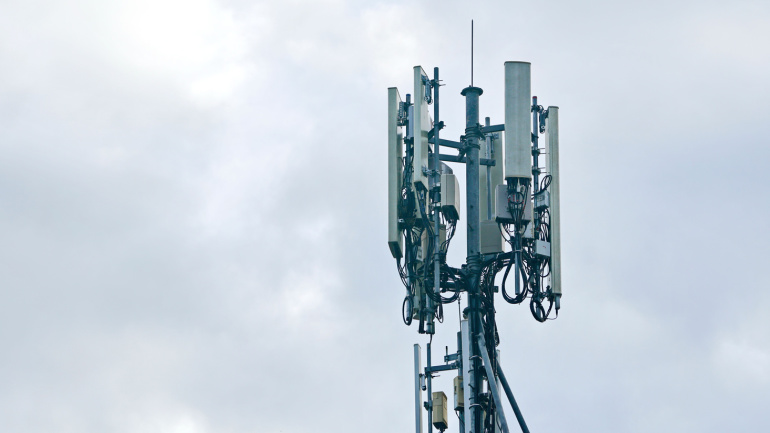CityFibre’s new, True Gig provides a 1.2 Gbps wholesale service, aiming to clear the haze in UK telecommunications advertising and help ISPs deliver gigabit broadband services to their customers. This offering not only circumvents stringent advertising regulations but also supports CityFibre’s vision of an honest high-speed fibre network. The question posed is, will this clear the muddy waters of broadband advertising while promoting a fibre revolution in the UK?
Dish’s recent announcement differentiates them as the first operator to amalgamate both 2 uplink and 4 downlink 5G carriers, reaching compelling speeds with such configuration. Despite skepticism around Open RAN’s performance, Dish continues to silence critics and signifies an exciting possibility for future network builds.
Ciena’s novel approach towards rising above intense market competition involves enhancing its residential fiber-to-the-home (FTTH) solutions. Their business strategy comprises strategic mergers and acquisitions, integration of unique features post acquisitions, and providing comprehensive end-to-end resolutions. Ciena’s ‘one box’ solution is highlighted for its potency on typically challenging scenarios, like rural areas, by offering reduced costs and increased flexibility. Changes are also seen from market players like VEON and Telefonica, amidst this evolving industry.
Nokia takes a significant leap in telecom landscape with a unique Cloud RAN trial, persistently striving to achieve parity between Cloud RAN and purpose-built RAN. This strategic move, involving Elisa, explores In-Line acceleration potential, positioning Nokia in a subtle competition with Ericsson’s ‘Look-Aside’ approach. The latter’s reticence adds intrigue to this telecommunication rivalry. However, will Nokia’s In-Line strategy prove to be the more efficient route?
The Ultra-Broadband Forum 2023 has seen industry leaders propose the revolutionary 10 Gbps City Initiative, aiming to construct digitally transformative and ultra-connected cities. Beyond being a mere term, the 10 Gbps City represents a significant shift in infrastructural development. This ambitious project hints at the power of telecommunications transformation, driving the digital economy to unexplored territories. Governments hold the key role in accelerating these changes, as they can bridge digital divides and facilitate universal digital services.
BT, a dominant force in the UK’s telecommunications landscape, is setting the stage for a drone revolution with the unveiling of the country’s first-ever Drone SIM. Designed to act as the linchpin for beyond visual line of sight (BVLoS) drone operations, this groundbreaking technology combines EE network connectivity with resistance to hazardous conditions, opening up innovative possibilities across several sectors. From enabling swift healthcare supplies delivery and comprehensive infrastructure monitoring to enhancing goods transportation, BT’s Drone SIM offers promising applications. The unlimited data plans and high-priority connectivity contribute to a safer drone usage while facilitating ultra-high definition video streaming from towering heights.
In a pioneering collaboration, Samsung, Vodafone, and Orange have achieved a significant breakthrough by completing the first 4G calls over shared networks in rural Romania using Open RAN technology. This milestone, with the promise of integrating 2G and 5G, signifies a transformative step towards more efficient, sustainable, and innovative telecommunications.
Vodafone is expanding its devotion to Open RAN technology, joining forces with Nokia in a progressive venture in Italy. The initiative aligns with Vodafone’s Open RAN directive, largely centered in the UK, and extends influence to the Italian telecom landscape. With this first commercial 5G Open RAN pilot in Italy, they aim to prove Nokia’s Open RAN solution matches the functionality and quality of traditional RAN. With an eye on promoting automated, adaptable networks for the ever-growing demand of responsive 5G services, such innovation bolsters the EU’s digital sovereignty and global competitiveness.
Amazon’s Project Kuiper, which birthed two prototype satellites aimed to test potential satellite broadband service, operates similarly to Space-X’s Starlink and OneWeb. The venture is set to increase internet connectivity in remote areas using an extensive satellite constellation. Still, the delay in launching has welcomed accumulating competition. Rabid advancements by competitors including satellite direct-to-device technology pioneers and those concentrating on 5G NTN IoT services could tilt the scales. Would adopting the 5G NTN-compatible network give Project Kuiper a competitive edge? Or will the ongoing innovations by industry leaders overshadow it? However, underlying operational challenges and time constraints might hamper Amazon from contemplating a substantial shift in direction.
Telecom giants Vodafone and Orange are breaking new ground with the first real-life 4G calls over a common shared network in an Open RAN setting. Stemming from a landmark endeavor near Bucharest, this initiative provides a glimpse into the potential strengths of an Open RAN-based network. What’s more? The progress doesn’t halt at 4G. The duo are set to soon take down another first – operating 2G and subsequently 5G, over shared Open RAN sites. Both operators see this as a model for extending mobile networks throughout rural Europe.













